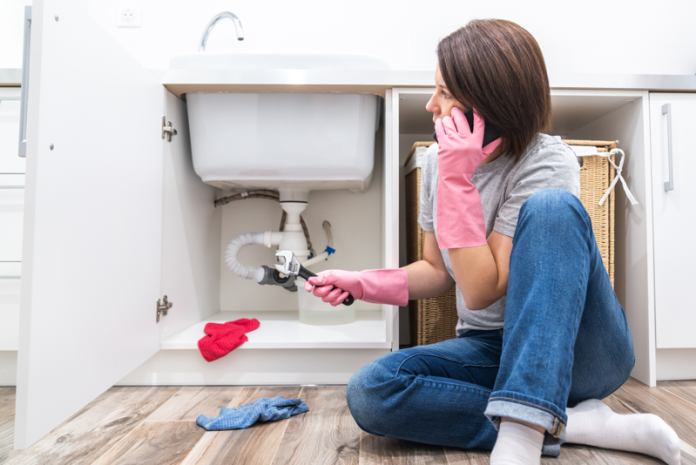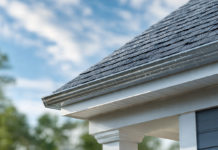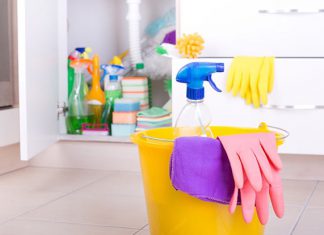As a homeowner, experiencing a plumbing emergency can be extremely stressful. You may not know what to do or who to call, especially if you have never encountered this situation. However, there are steps you can take before your hired plumbing service arrives that will help minimize the damage and keep your family safe.
Turn Off the Water Supply
The first thing you should do in any plumbing emergency is to turn off the water supply. This will help prevent any further damage and flooding in your home. Locate the main shut-off valve, which is usually located near the water meter or where the main water line enters your house. Turn it clockwise until it stops to shut off the water supply.
Shut Off Any Electricity
If you have any electrical outlets or appliances near the area of the plumbing emergency, it is important to shut off the electricity to that area. This will prevent potential electrical hazards and keep you safe while waiting for the professional to arrive.
Open Outdoor Spigots
If you are experiencing a burst pipe or flooding in your home, opening outdoor spigots can help alleviate some of the pressure in your pipes. This can help prevent further damage and give the professional more time to arrive and fix the issue.
Collect Excess Water
While waiting for the professional, it is important to collect any excess water in buckets or containers. This will prevent further damage and make it easier for the plumber to access the affected area without navigating through standing water.
Stay Calm
It is understandable to feel stressed and overwhelmed during a plumbing emergency, but it is important to stay calm. Panicking will not help the situation and may even worsen things. Take deep breaths and focus on following the above steps to minimize damage and keep your family safe.
So, as a responsible homeowner, it is important to be prepared and know what to do in a plumbing emergency. Remember, staying calm and following the above steps can make all the difference. And remember to schedule regular maintenance checks to avoid future emergencies!















